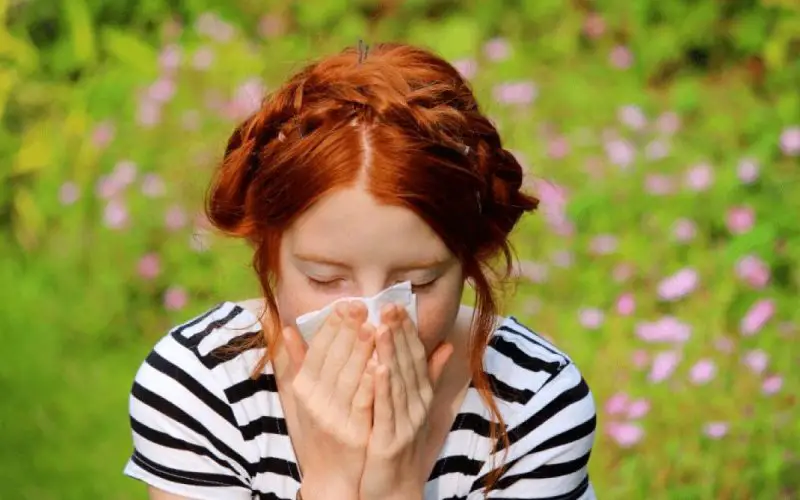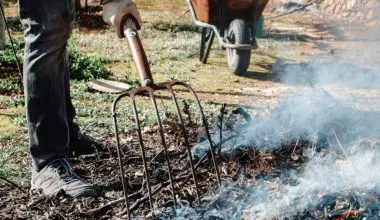Posted on Nov 26, 2023 at 6:03 am by Oliver C
The appearance of this plant species in the region of Mantes-la-Jolie has raised alarms due to its high toxicity for both humans and animals, causing great concern among city officials and residents.
Table of Contents
The best defense is good prevention.
It is important to be well aware of the dangers inherent in the growth of certain toxic plant species in cities, especially those located near schools and residential areas.
- Citizens should be informed about the potential dangers and made aware of the dramatic consequences of ingesting or simply coming into contact with a toxic plant.
- Municipal authorities must make efforts to regularly monitor and control the appearance of these toxic plant species, taking appropriate measures to prevent their proliferation in the area.
The worrying presence of datura near schools
Recently, a specimen of the plant known as “demonic weed” was spotted near a nursery and primary school in Mantes-la-Jolie. Given the highly toxic nature of this plant, this situation raises serious concerns about the potential dangers faced by young children and adults.

Measures taken by local authorities
- The municipality has issued a warning message on its social media platforms, urging people to exercise caution when encountering this plant.
- Municipal authorities have also decided to uproot and eliminate datura plants in the region.
Why is datura so dangerous?
According to the National Agency for Food, Environmental and Occupational Health Safety (ANSES), as well as French poison control centers, datura is considered to be a highly toxic plant for both humans and animals. Its poisonous nature is mainly due to the powerful alkaloids present in all parts of the plant.
Symptoms of datura poisoning
Ingesting this plant can lead to distinct signs of discomfort, such as:
- Digestive disorders
- Abdominal pain
- Cardiac and respiratory problems
- Confusion, hallucinations, and seizures
- Extreme fatigue and drowsiness
What to do in case of poisoning?
If there is suspicion of poisoning from ingesting any part of the datura plant, it is essential to act quickly:
- Contact emergency services or a poison control center in your region immediately.
- Try to bring a sample of the plant with you during the medical consultation to facilitate diagnostic evaluation.
- Follow the instructions given by the healthcare professional carefully to effectively counter the symptoms of poisoning.
In conclusion, the presence of datura in French cities is a major problem that requires the mobilization of all stakeholders. It is necessary to establish a dialogue between scientists, judicial institutions, and public authorities to find appropriate and effective solutions to the rapid spread of this dangerous plant. We must also not forget the impact of another invasive species, originating from Central Asia, which has been causing problems in France for a few years.
Respecting precautionary and preventive measures, as well as educating and raising awareness among the population, will undoubtedly help reduce the risks associated with datura and better protect our children.









